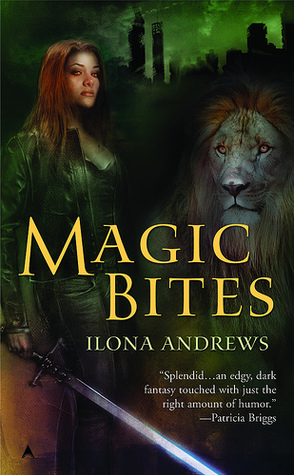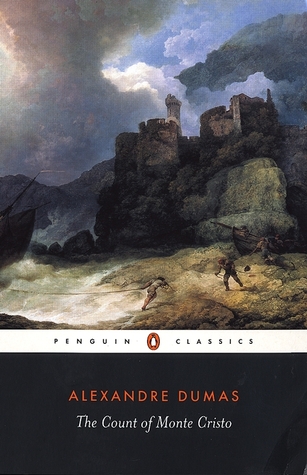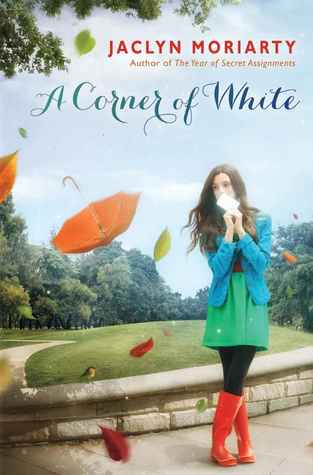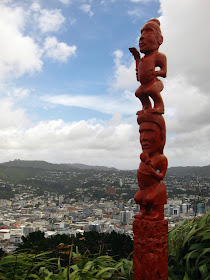 |
| Calvin and Hobbes explains corporate greed. Click to embiggen. |
By industry standards, Stephanie is a lesser-known author; by personal standards, what Stephanie writes is better than half of what I see on the shelves. Which is why it tore at me so when I read about her wrenching search of B&Ns that were still stocking her books after the dispute was made public:
For context, about half the B&Ns in the country, from what I could tell last year, stocked the paperback of Kat, Incorrigible and the hardcover of Renegade Magic. I think it might be normal to expect those numbers to go down a bit this time round, but I was hoping that at least 1/4 of the B&Ns I looked at would stock Renegade Magic.When large, profit-oriented corporations clash, it's usually the ordinary, hard-working individuals that slip through the cracks and are affected most. (No CEOs have to give up their multimillion-dollar mansions, maid service, and fancy cars as they're cajoling, threatening, or warning other companies of what will happen to them if they get in the way of profitization.) And this is sad, in the way that reading about the ordeals of homeless child soldiers in war-torn countries is sad--in a momentary, far-off, unrelatable way. But what Stephanie describes is how it affects us, our friends, our family, all the people we hope to influence with our words:
Instead, I found...zero. Absolutely zero B&Ns, in any of the zipcode areas I looked up (and I looked up a LOT) were carrying the paperback of Renegade Magic - even stores that had always carried high stocks of the Kat, Incorrigible paperback and the Renegade Magic hardcover.
It really hurts that this has happened, through the sheer bad luck of being an author caught in the middle of a larger power struggle. My publisher will move on from this. So will B&N. But my book may have slipped through the cracks by then.
And the reason I am talking about this in public...
...is that when I walk into a bookstore, as a reader, I rarely notice the books that aren't stocked there. Maybe, if I'm looking for one book in particular, I'll be disappointed if I don't see it, but I won't really think anything of that. I'll just think, oh, well, this particular store didn't stock it.
 |
| You are an average, non-book-blogging consumer. When you walk into a bookstore, what's going to catch your eye? [Image from cafepress.com] |
One of my favorite indies is Children's Book World in Haverford, PA. They've got the requisite displays of popular bestsellers, but they've also got beautifully colorful, lovingly stocked shelves that seem to contain exactly one copy of every single children's, middle grade, and YA book published within the last ten years. Even if I've already read most of the books I see there, I delight in the possibility that another reader can stand where I stand and find those lesser-known books that I love.
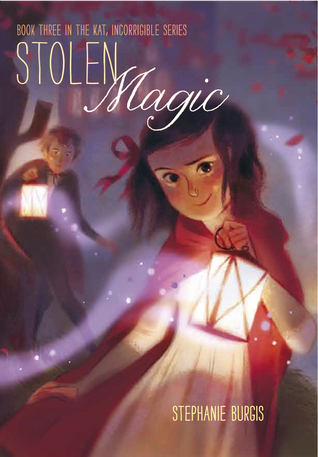 |
| Book 3 of Stephanie Burgis' MG historical fantasy series is out on April 2 from Atheneum Books. If you're interested in buying a copy, please consider buying from IndieBound. |
The other big book-related news this week that Amazon has acquired Goodreads. I don't think that this acquisition is going to change individuals' daily actions on Goodreads (I hope not), and it seems like the main reason for the acquisition, at least according to that article, is to "Kindle integration" and to get the leg-up on Apple regarding social media. So if day-to-day Goodreads use isn't going to change, and if a convenient Kindle integration system is to be implemented (which all sounds good), how is this acquisition going to affect us? Author Kate Messner wrote a great (and much more succinct) blog post about the matter, in which she notes:
People who use GoodReads are book lovers who like to keep track of their reading and share great books with one another. And soon, they’ll be supporting Amazon whether they chose to or not.
I understand that lots of people like buying books online, and there’s nothing wrong with that. But if you like bookstores — real brick-and-mortar bookstores that smell like paper, with smiling people who know your kids — then you need to support them, or they won’t be here for long.
 |
| forbes.com |
A fair number of you are probably like me in terms of my complicated relationship with Amazon: I dislike their profit-driven, community-squeezing, capitalist philosophy and actions, but invariably end up purchasing some of my stuff from them anyway. It's gotten to the point where it's hard to NOT use Amazon in some portion of our lives. So no, I'm not going to say you should avoid Amazon completely. I just think that all of us should sit down for a bit and rethink our relationship with Amazon. Is it...
...Nonexistent? Congratulations! You are a better and more self-motivated person than I am.
...Dependent? You probably have a retail problem and/or don't know about the socioeconomic effects of Amazon's Amazonian (d'oh!) dynasty on nearly everything.
...Measured? That's where I'd like to be, and hopefully you'd like to party in this category with me too. It's like a form of dieting: you don't need to cut it entirely out of your life, but you should learn to have it in moderation, and balance your intake with a variety of others.
How should we express our support for brick-and-mortar and indie bookstores while still enjoying Goodreads? I like Kate's suggestion:
Write your reviews. Log your reading and recommend your books. And end each review with a link to IndieBound....My review [of Linda Urban's THE CENTER OF EVERYTHING] ends like this now:This is a great way to still use Goodreads for what you love about it while making it clear your support and valuing of indies. Nice!
I support independent bookstores. You can use this link to find one near you or order THE CENTER OF EVERYTHING on IndieBound: http://www.indiebound.org/book/9780547763484
Common reasons for why people are not buying indie is money: Amazon has, compared to pretty much all brick-and-mortar stores, lower price, and also that super-appealing Free Shipping option. It's hard to resist the call of perpetual discounts and free shipping. But you CAN, and you SHOULD try! Here's a semi-mathematical argument for why it's not hard to switch from buying Amazon to buying indie:
Say you want to buy five books. Recently published books on Amazon tend to be approximately 25-33% off their list price. If you pare off a book from your original five, that gets you down to within a few bucks of the Amazon price. Shipping might cost you between $4 and $10; some indies, like my other favorite, Doylestown Bookshop in Doylestown, PA, have nifty discounts like 10% off all online orders and free shipping for orders over $30.
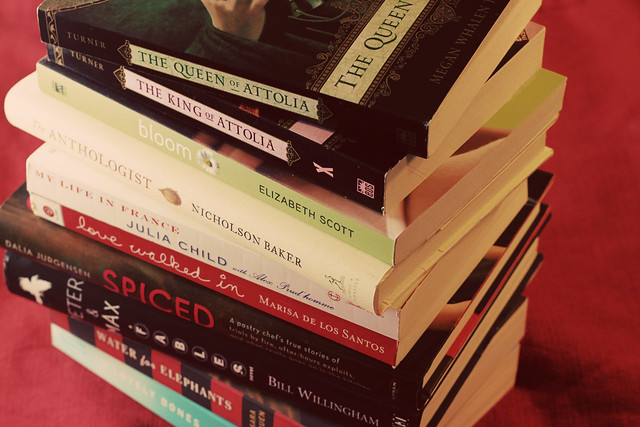 |
| Does your TBR pile look like this or maybe even ten times worse? If so, you probably don't need to buy that new book as badly as you think you do. |
Furthermore, when you buy from Amazon, little to none of your money goes toward your community; when you buy indie, more than 40% of what you pay goes back into that bookstore so they can stay in business and do cool things do make your bookwormy self happy, like author signing events, book clubs, etc. And, as I've said before, these community-oriented features are really what make indies so precious and worth keeping around.
 |
| Does Amazon throw you Mockingjay midnight release parties? |
 |
| OR BAKE YOU TEAM HUNGER GAMES COOKIES??? |























